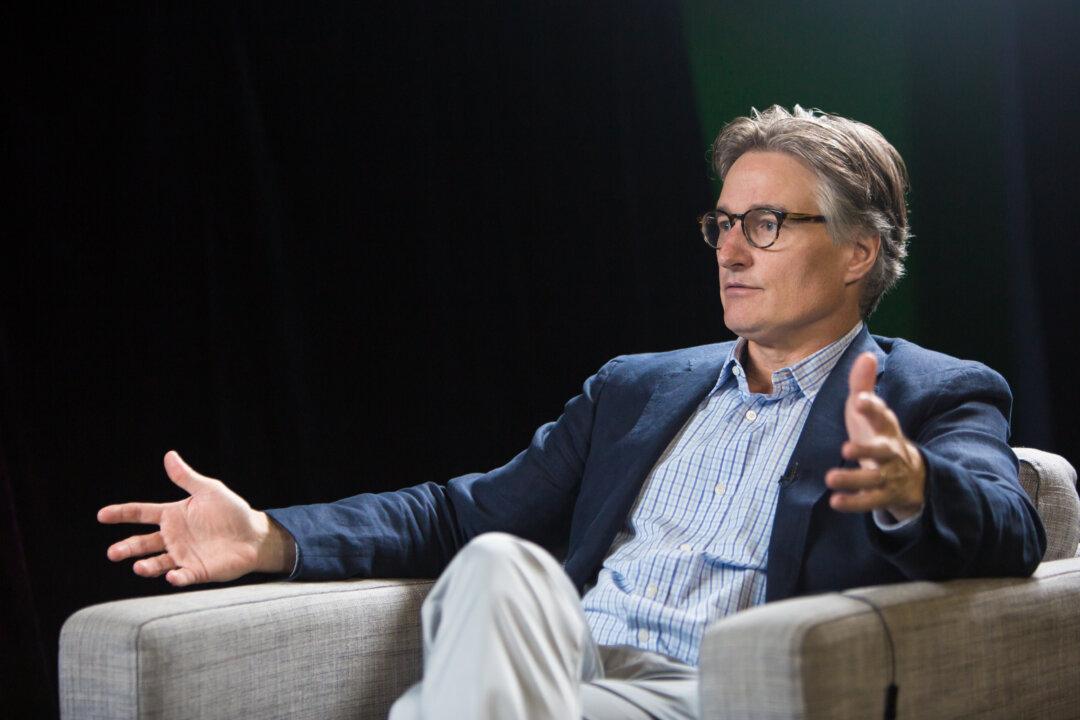Halsey Minor has seen it all. He made millions founding tech legends like CNET.com and Salesforce.com in the 1990s.
He then withdrew from the world plagued by a severe bout of depression which took him six years to overcome. He ended up losing his fortune when he declared bankruptcy in 2013.
Because of his experiences with banks during his half a decade of suffering, he decided to change the consumer experience of money for good.
In this exclusive and in-depth interview, Halsey Minor told Epoch Times how Uphold (formerly Bitreserve) works for consumers by taking money into the cloud.
Epoch Times: What is Uphold?
Halsey Minor: This is really an institution of money and it should provide for consumers the ability to take hundreds of billions of dollars of costs out of the banking system. Over the long term it should provide an institution, which because it’s transparent, will always be fully funded.
So there’s no chance that people can lose their money by essentially putting their savings in an institution that collapses.





